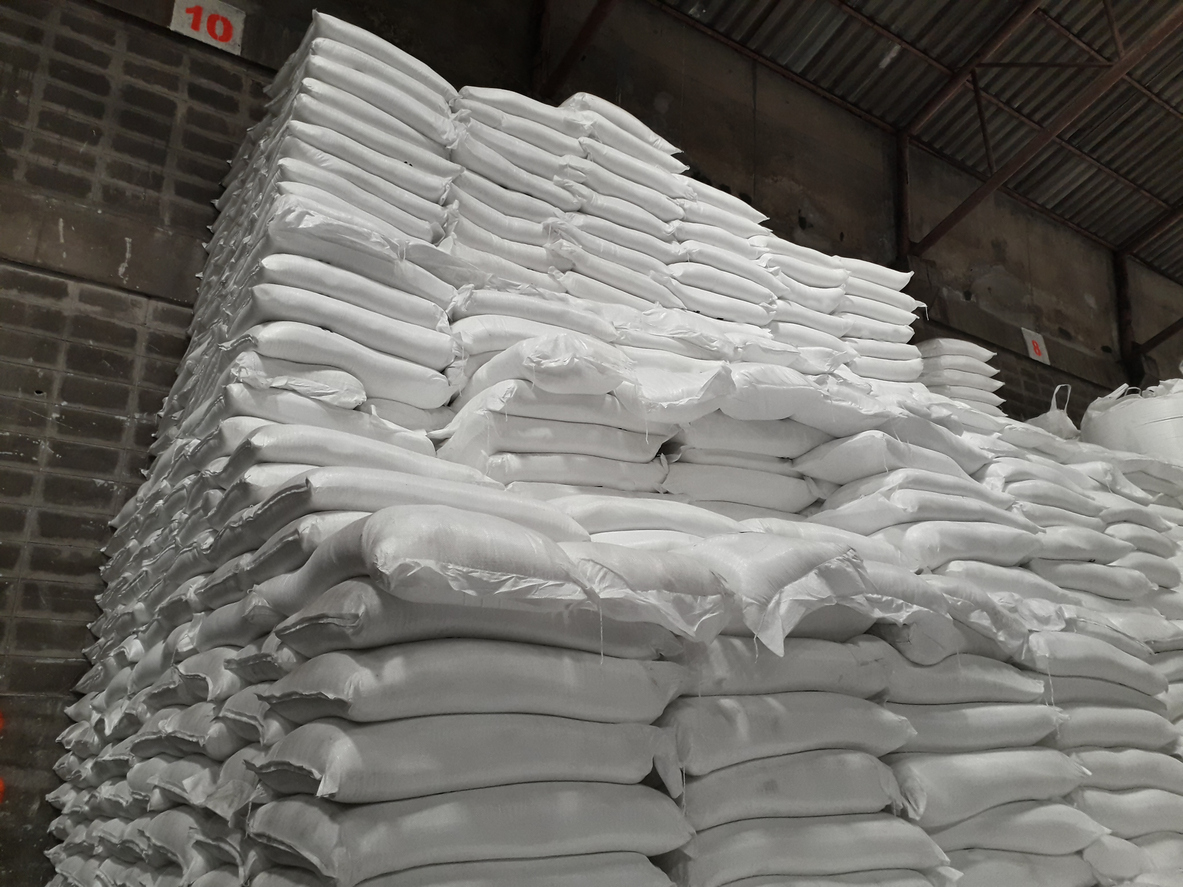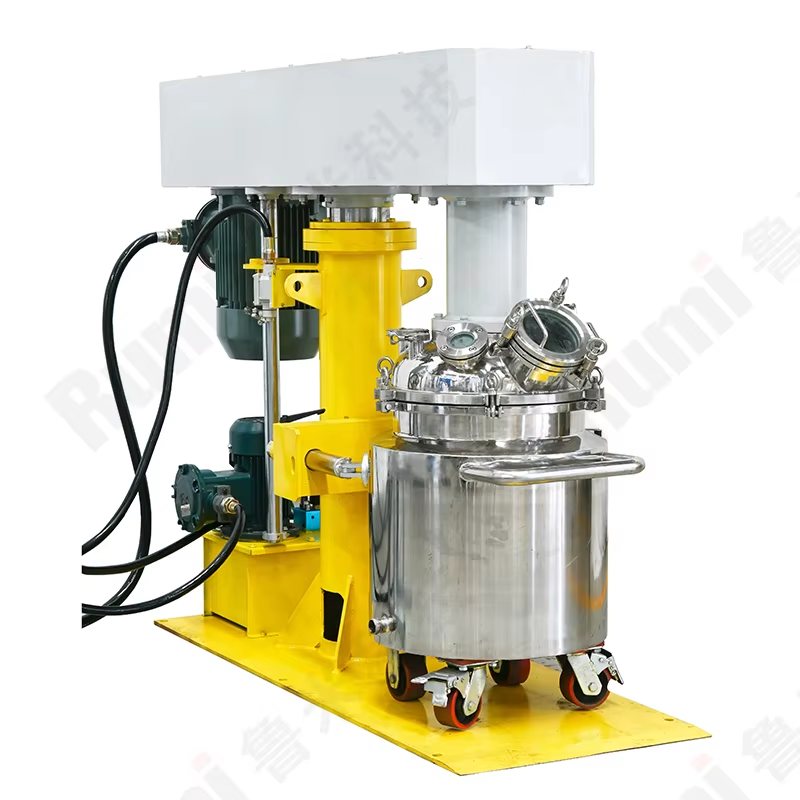The Role of Wholesale Distributors in Africa’s Economic Development: A Case Study of Nigeria
The Role of Wholesale Distributors in Africa’s Economic Development: A Case Study of Nigeria
Wholesale distributors play a critical role in the success of any economy. They connect manufacturers with final consumers and each other, serving as intermediaries to transport goods from one place to another and support local businesses by supplying them with raw materials, wholesale or finished goods, or services important to their operations. To understand the impact of wholesalers on economic development, this case study will explore the role of wholesalers in Africa’s economic development. We are going to explain:
Wholesale Distributors in Africa – Background and Overview
Wholesale distributors are business entities that purchase goods in larger quantities at lower prices and then resell them in smaller quantities at a higher price. Many African economies depend heavily on wholesale distributors to sustain their supply chains and distribute goods to the end consumers. The importance of wholesalers was even more pronounced in the past, when there was less availability of credit, low penetration of modern communication technology, and limited availability of transportation networks. Wholesalers played a crucial role in terms of creating economies of scale, facilitating investment in inventory management systems, achieving economies of scope in the supply chain through the application of cross-docking techniques, and increasing competition.
Economic Importance of Wholesale Distributors
The role of wholesale distributors is important for two main reasons: – Supporting local manufacturers and retailers. Wholesalers can help local manufacturers secure needed supplies and sell their products in quantities and at prices that are suitable for local markets. – Providing consumers with a wide selection of goods. Wholesalers are more likely to carry a large selection of goods than local retailers because they purchase and store product in larger quantities.
Reasons for the Importance of Wholesalers in African economies
The demand for finished goods is expected to rise in Sub-Saharan Africa as a result of rapid economic growth, more investment in infrastructure, and increased consumer spending. Wholesalers can help to meet this demand by expanding their range of products and increasing their production capacity. They can also play an important role in the economic development of different African countries by: – Increasing exports of goods from Africa: African countries can increase their exports by encouraging their wholesalers to export the goods they produce. This can be done by working with their government to reduce customs duties and other trade barriers that make it difficult for exporters to compete in the global marketplace. – Providing a link between manufacturers and retailers: Wholesalers can help improve the flow of goods from manufacturers to retailers. They can help manufacturers improve their supply chain by providing them with the services of an agent or distributor that acts as a link between manufacturers and retailers.
Benefits of Wholesale Distributors to the Economy
– They provide a wide range of products to consumers. Wholesalers are able to provide consumers with a wide range of products because they purchase goods in large quantities. – They help manufacturers and retailers increase sales. Wholesalers help manufacturers and retailers increase sales by providing their goods to retailers.
Challenges facing wholesale distributors in Africa
– Low level of competition: Most African countries have a low level of competition in their wholesale distribution sector. This is because there are only a few wholesale companies in most countries. – Low technology uptake: Many wholesale companies in Africa have low technology uptake and are not able to keep up with the latest technology. – Lack of awareness of the role of wholesalers: Consumers and the government in many African countries do not understand the benefits of a well-developed wholesale sector. – Importance of the sector is not recognized: The importance of the wholesale sector is not recognized by many people because they only see distributors as a link in the supply chain.
Conclusion
Wholesalers are important for the success of any economy because they help manufacturers and retailers increase sales, provide a wide range of products to consumers, and create employment opportunities for many people. In order to be successful, wholesale distributors must have the right business model that is suitable for the economic conditions of each African country.








LEAVE A COMMENT
You must be logged in to post a comment.